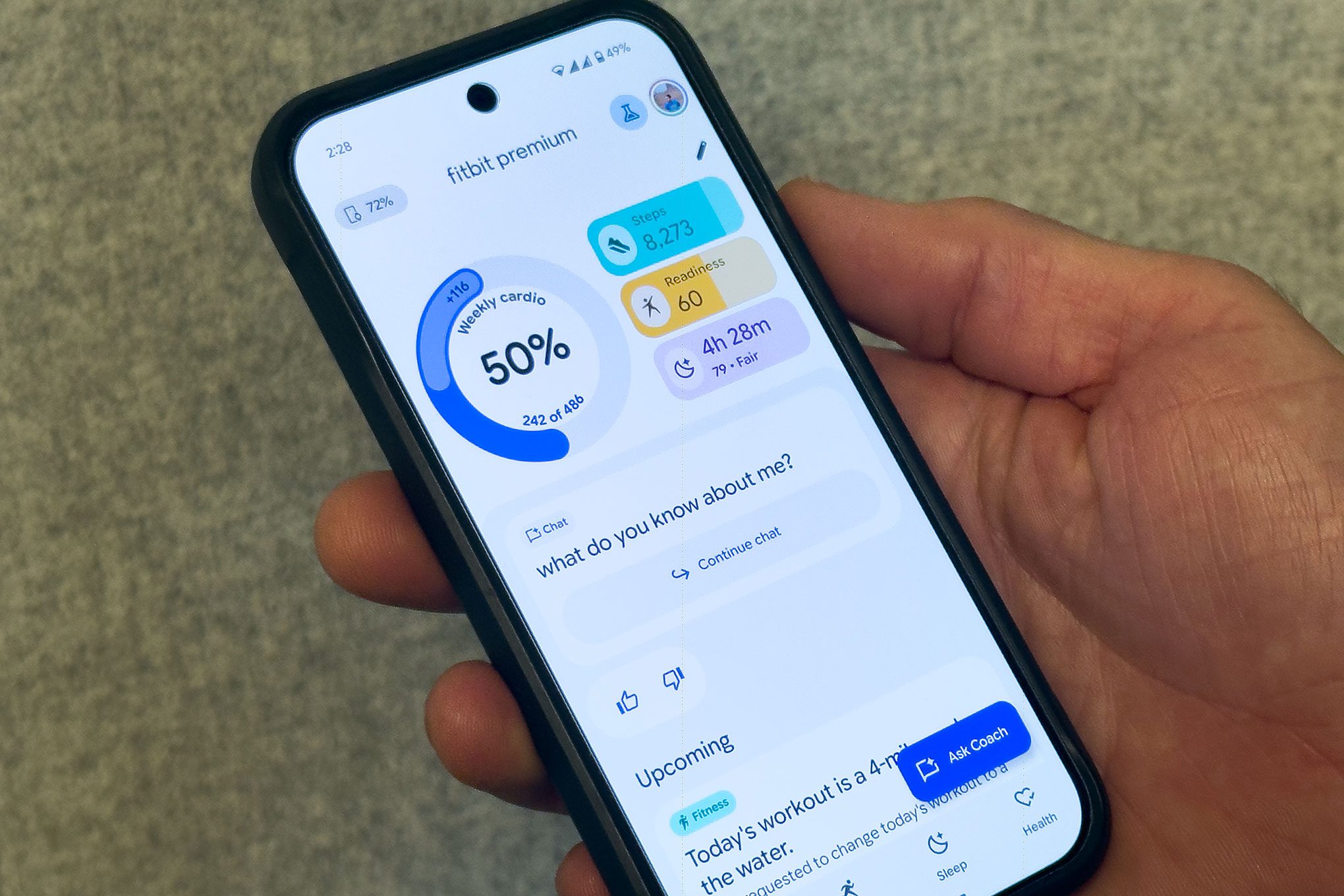
there isn t really another choice signal Signal’s reliance on Amazon Web Services (AWS) has come under scrutiny following a significant outage that affected multiple services, prompting discussions about the implications of centralized cloud infrastructure.
there isn t really another choice signal
Background on the AWS Outage
On October 25, 2023, Amazon Web Services experienced a major outage that disrupted numerous applications and services, including the encrypted messaging platform Signal. This incident raised questions about the vulnerabilities associated with relying on a single cloud provider for critical services. Following the outage, Elon Musk criticized Signal for its dependence on AWS, suggesting that the app should seek alternatives to mitigate such risks.
Signal’s Response to Criticism
Meredith Whittaker’s Perspective
In response to the backlash, Signal’s president, Meredith Whittaker, took to the social media platform Bluesky to clarify the company’s position. Whittaker emphasized that Signal’s reliance on AWS was not a matter of choice but rather a consequence of the current state of the cloud infrastructure market. “The problem here is not that Signal ‘chose’ to run on AWS,” she stated. “The problem is the concentration of power in the infrastructure space that means there isn’t really another choice: the entire stack, practically speaking, is owned by 3-4 players.”
Whittaker’s comments highlight a critical issue in the technology landscape: the dominance of a few major cloud service providers, which limits options for companies like Signal. She expressed concern that many users were unaware of the extent to which the cloud infrastructure industry is concentrated, indicating a lack of understanding about the challenges faced by companies that require reliable, scalable services.
The Concentration of Cloud Services
Whittaker pointed out that the cloud services market is largely controlled by a handful of players, including AWS, Microsoft Azure, and Google Cloud. These providers offer the necessary infrastructure to support global, real-time communication platforms like Signal. “The question isn’t ‘why does Signal use AWS?’” she wrote. “It’s to look at the infrastructural requirements of any global, real-time, mass comms platform and ask how it is that we got to a place where there’s no realistic alternative to AWS and the other hyperscalers.”
This concentration of power raises significant concerns about the resilience and reliability of services that depend on these platforms. If a major provider experiences an outage, the ripple effects can be felt across numerous applications and services, as evidenced by the recent AWS incident that impacted not only Signal but also Starbucks, the Epic Games Store, and various smart home devices.
The Implications of Centralized Infrastructure
Risks of Dependency
The reliance on a few dominant cloud providers poses several risks for companies and their users. First, it creates a single point of failure; if one provider goes down, it can lead to widespread service disruptions. This was evident during the AWS outage, which affected millions of users globally. Whittaker noted that the incident serves as a “learning moment” to highlight the dangers of concentrating critical infrastructure in the hands of a few entities.
Second, this dependency can stifle innovation. Smaller companies and startups may struggle to compete if they cannot afford the resources needed to build their own infrastructure or if they are forced to rely on the same major providers. This can lead to a homogenization of services, where many platforms offer similar functionalities, limiting choices for consumers.
Financial Considerations
Building and maintaining an independent cloud infrastructure is a costly endeavor. Whittaker explained that running a low-latency platform capable of supporting millions of concurrent audio and video calls requires a vast network of compute, storage, and edge presence. “Running a low-latency platform for instant comms capable of carrying millions of concurrent audio/video calls requires a pre-built, planet-spanning network of compute, storage and edge presence that requires constant maintenance, significant electricity and persistent attention and monitoring,” she stated.
For a company like Signal, which prioritizes user privacy and security, the financial burden of creating its own infrastructure would be prohibitive. Instead, leveraging existing cloud services allows Signal to focus on developing its core functionalities while ensuring reliable service delivery.
User Awareness and Education
Understanding the Infrastructure
Whittaker expressed concern over the lack of awareness among users regarding Signal’s use of AWS. She noted that many people were surprised to learn about this dependency, which indicates a broader misunderstanding of the technological landscape. “It’s surprising to me that so many people were surprised to learn that Signal runs partly on AWS,” she remarked. “It’s also concerning.”
This lack of awareness underscores the importance of educating users about the infrastructure that supports their favorite applications. As technology continues to evolve, users must understand the implications of relying on centralized services and the potential risks associated with them.
The Role of Encryption
Despite the reliance on AWS, Whittaker emphasized that Signal employs robust encryption to protect user communications. She clarified that Signal only “partly” runs on AWS and that the encryption ensures that neither Signal nor AWS can access users’ conversations. This commitment to privacy is a cornerstone of Signal’s mission, distinguishing it from many other messaging platforms that may not prioritize user data protection.
By utilizing encryption, Signal aims to provide a secure communication channel that safeguards user privacy, even when operating on a third-party cloud service. This approach allows Signal to maintain its integrity as a privacy-focused platform while navigating the challenges posed by the current cloud infrastructure landscape.
Future Considerations
Exploring Alternatives
As the technology landscape evolves, there may be opportunities for new players to enter the cloud services market and challenge the dominance of existing providers. Whittaker’s comments prompt a broader discussion about the need for diversification in cloud infrastructure. Companies like Signal may benefit from exploring alternative solutions, such as decentralized cloud services or partnerships with smaller providers that prioritize user privacy and security.
Additionally, the tech community may need to advocate for regulatory changes that encourage competition and innovation within the cloud services market. By fostering a more diverse ecosystem, companies could reduce their reliance on a few major players and enhance the resilience of their services.
Community Engagement
Engaging with the user community is essential for companies like Signal as they navigate these challenges. By fostering open communication and transparency about their infrastructure choices, companies can build trust with their users. Whittaker’s willingness to address concerns and clarify Signal’s position demonstrates the importance of maintaining an ongoing dialogue with users about the technology that underpins their services.
Conclusion
The recent AWS outage has sparked important conversations about the implications of centralized cloud infrastructure and the challenges faced by companies like Signal. Meredith Whittaker’s insights shed light on the complexities of operating a global communication platform in a landscape dominated by a few major players. As technology continues to evolve, it is crucial for users and companies alike to understand the risks and opportunities associated with cloud services, fostering a more resilient and diverse technological ecosystem.
Source: Original report
Was this helpful?
Last Modified: October 27, 2025 at 10:39 pm
4 views















